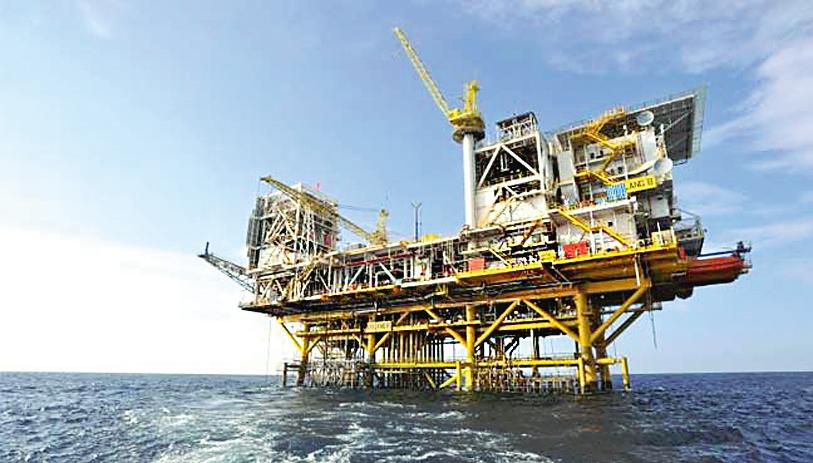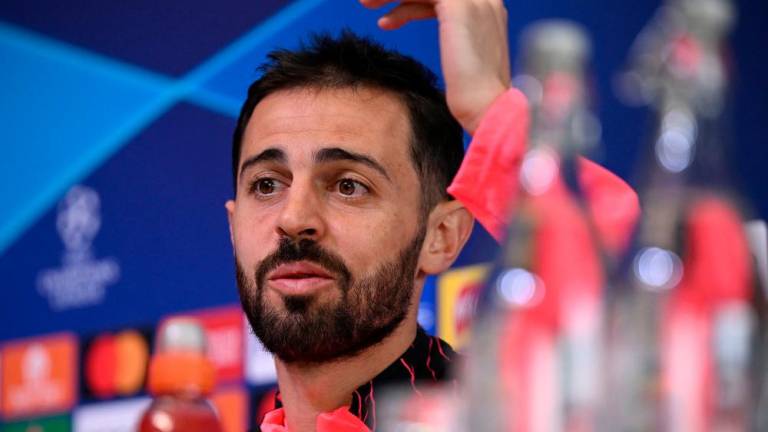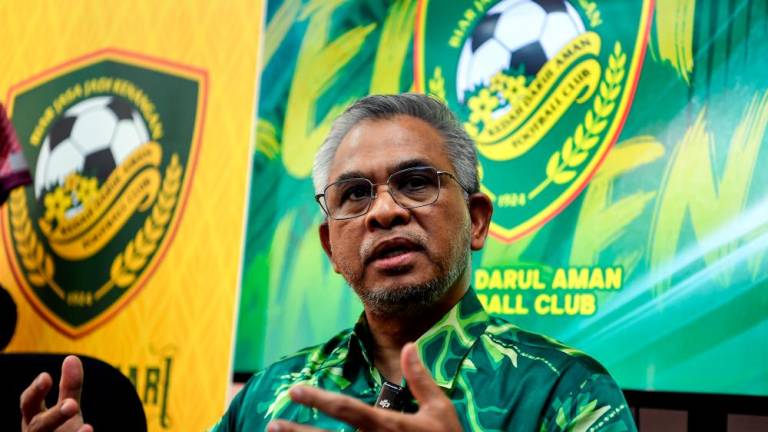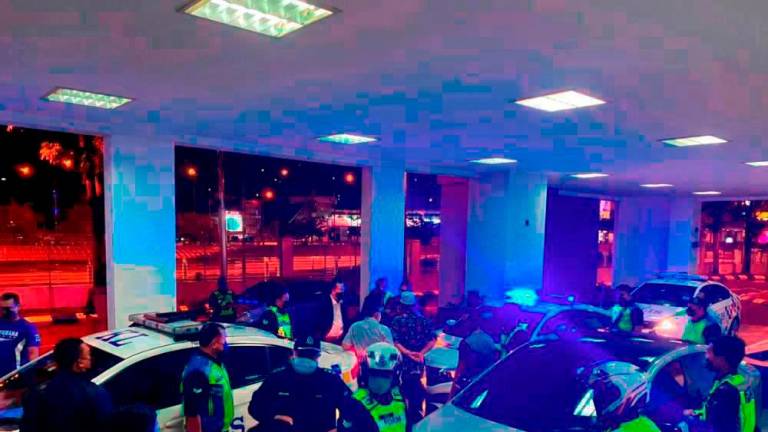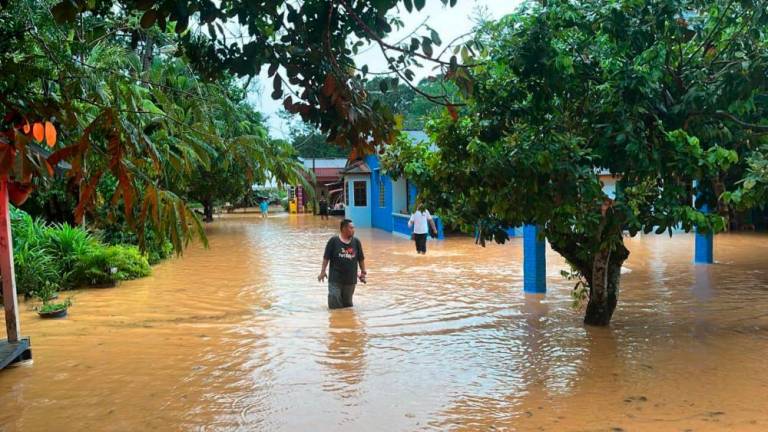The government should only be alarmed when crude oil prices consistently plummet to below US$50 per barrel, an economist says. REUTERSPIX
PETALING JAYA: The government should restore its fiscal health and weigh the implications on Petroliam Nasional Bhd’s (Petronas) balance sheet first before fulfilling the request of oil-producing states for an increase in royalty payments, according to economists.
Sunway University Business School Professor of Economics Dr Yeah Kim Leng said the government should at least put on hold the request by oil-producing states for higher royalties at least for the next two to three years, until the country’s fiscal health is restored.
He highlighted that a higher petroleum royalty will not only jeopardise Petronas’ balance sheet but also reduce its capacity to churn the planned RM30 billion extra dividend.
“Petronas' dividend has given the government the flexibility to pay the goods and services tax and income tax refunds owed to corporations and individuals but also to avoid too drastic austerity measures under Budget 2019,” he said.
Socio-Economic Research Centre executive director Lee Heng Guie concurred, saying that the federal government should buy time to iron out its fiscal position as there is a lot to rectify at this juncture.
He said oil-producing states such as Sabah and Sarawak could hold back on their requests for the time being unless they are in need of funding for state initiatives and projects. Assuming that the royalties are paid directly to the oil-producing states by Petronas, the federal government is likely to receive less in dividends, he added.
Sarawak called for royalty payments to be increased to 20% for its oil spoils in line with Pakatan Harapan promise in its manifesto, after which Sabah joined the bandwagon. Petronas currently pays a royalty of 5% to the oil-producing states.
Recently, Kelantan said it is withdrawing a lawsuit against Petronas in relation to royalty claims. Mentri Besar Datuk Ahmad Yakob said the decision to retract the claim, which was filed since 2011, was made due to its confidence in Prime Minister Tun Dr Mahathir Mohamad’s stand to distribute royalty payment to the state governments as announced in a recent Finance Committee meeting.
It was announced in the meeting that the federal government will stop giving out “wang ehsan” and instead channel the royalty payments directly to the Kelantan and Terengganu governments.
Mahathir also said the government is studying the claims of Kelantan and is trying to come up with a mechanism to fulfil the claim without hurting Petronas’ balance sheet.
When asked if the government is being too dependent on Petronas’ dividends for revenue, Lee said the government should look at asset monetisation and non-tax revenue and continue to plug leakages.
For 2019, apart from the RM30 billion one-off payment, the government will still be receiving petroleum income tax, royalty and normal dividend by Petronas, bringing the federal government revenue to RM261.8 billion or 17.1% of gross domestic product.
Commenting if there is a need to recalibrate Budget 2019 in view of the current volatile oil prices, Lee said the government should only be alarmed when crude oil prices consistently plummet to below US$50 per barrel. Budget 2019 was devised based on oil prices of US$70 a barrel. On Friday, global benchmark Brent crude closed at US$60.28 a barrel.
Lee said the RM4-5 billion recognised in savings from the additional tax initiatives and revenue-raising measures introduced in Budget 2019, and Petronas’ dividend would serve as buffers.
Meanwhile, Yeah said the government has to consider diversifying its revenue stream to avoid the need to recalibrate the Budget, especially from the spending side.
“It is now a key risk in 2019 as world oil prices are now expected to hover between US$60 and US$70 depending on the oil-producing countries' ability to cut production. A US$10 a barrel difference will mean about RM3 billion lower revenue for the government,” he added.



